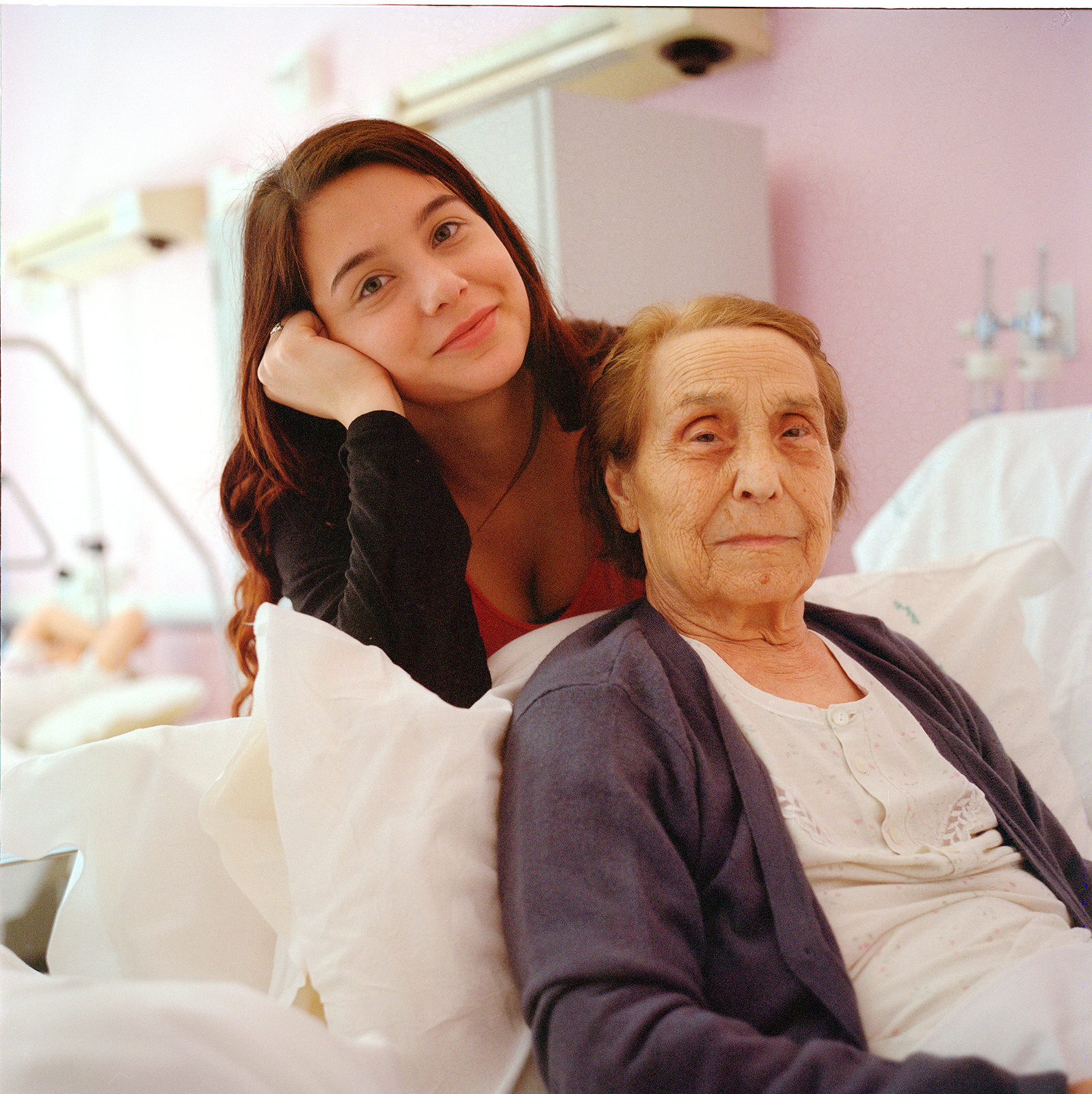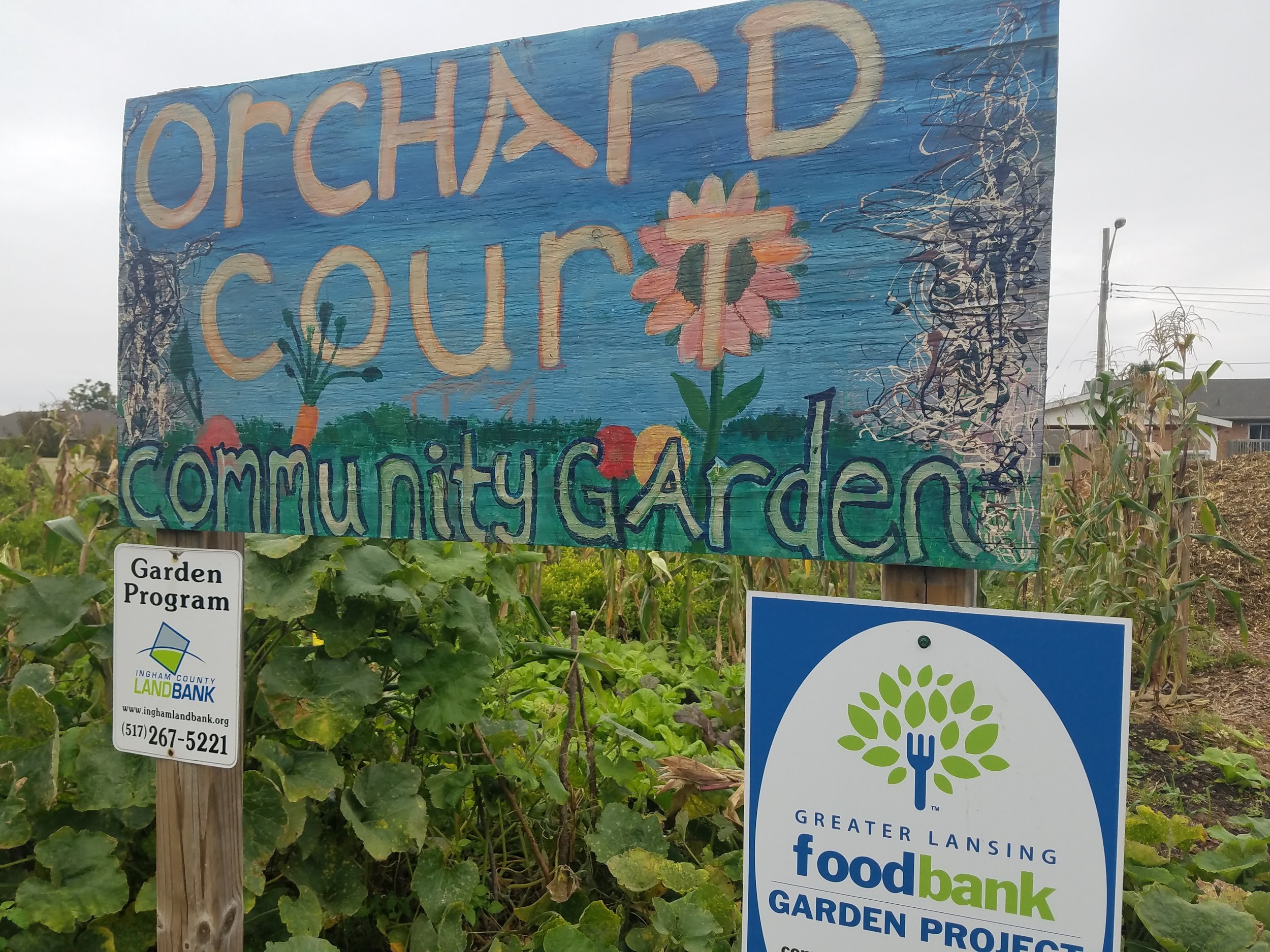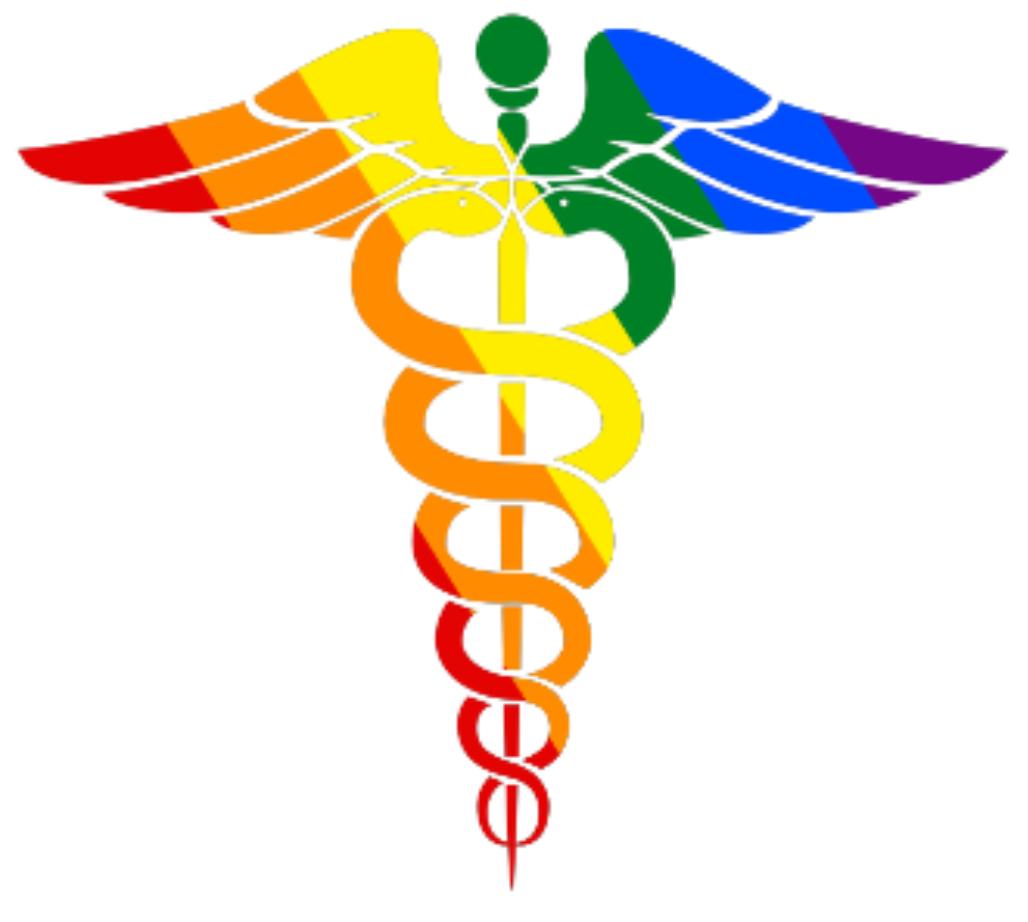
Funded Projects 2018-2019

The Capacity Necessary to Designate a Surrogate
In hospitals across America, patients who are assessed as lacking the capacity for medical treatment decisions (‘decision-making capacity’ or DMC) are also precluded from designating a surrogate or appointing a durable power of attorney for health care (DPOAHC). This is highly problematic for the many individuals who have neglected to designate a surrogate prior to their development of dementia or delirium. There is good reason to think this practice is based on a false assumption: that persons who cannot fully understand the risks and benefits of treatment options also lack the cognitive ability to create morally justified or legally binding surrogate designations. This research project aims to test this assumption by designing and evaluating assessment criteria for determining whether patients have the capacity to designate a surrogate (CDS). If CDS is distinct from DMC, and if we can design criteria to assess CDS, this will have transformative impact on the health system’s engagement with decisionally-compromised patients. [Photo by Spyros Petrogiannis (CC BY-NC-ND 2.0)]
Team Leader
Robyn Bluhm, Department of Philosophy, College of Arts and Letters; Lyman Briggs College
Team Members
Jennifer Carter-Johnson, College of Law
Andrea Bozoki, Department of Neurology and Ophthalmology, College of Human Medicine/College of Osteopathic Medicine
Devan Stahl

We Are Not Strangers Here: Cross-cultural Engagements and Responsibilities of Self-same Land
We will host a speaker series led by prominent women of color artists and scholars in urban forestry and natural resource management. Invited speakers will lead exploratory discussions on the involvement and portrayal of women of color in urban forestry, urban ecology, and urban conservation. Women of color have historically been underrepresented in forestry and other natural resources-related disciplines. At present, there are two concurrent trends in human population distribution and civic engagement with urban land that provide a modern aid in reversing this lack of representation: (a) the steady influx of people to urban population centers, and (b) the increase in opportunities for women of color to interact with urban land via surging interest in urban forestry, urban agriculture, and similar outlets. While these cultural shifts provide a glimpse of change regarding the inclusion of women of color into “natural spaces,” their sustainability is dependent upon understanding the attitudes and practices that produced the cultural homogenization of errors past, and identifying best ways to delineate a more inclusive way forward.
Therefore, the series will focus on (a) the historical, present, and predicted participation of women of color in these disciplines as both academics and practitioners, and (b) their portrayal in the related literature and art within these time frames. Core concepts from the discussion series will be captured using graphic facilitation and visual recording techniques, both of which will be used as the foundation for a visual art installation focus on women of color and their relationship to urban natural land. This exhibit will be on display at the Fenner Nature Center in Lansing, MI.
Team Leader
Asia L. Dowtin, Department of Forestry, College of Agriculture and Natural Resources
Team Members
Tamara Butler, Department of English, College of Arts and Letters
Estrella Torrez, Residential College in the Arts & Humanities

Exploring the Resilience of Lansing’s Urban Agriculture Systems with the Community
This community-engaged project explores the resilience of the urban agriculture system (UAS) in Lansing to perceived social and environmental shocks. Urban agriculture can facilitate a wide range of human and ecological benefits, including food security, community building, improved water systems, and neighborhood beautification. Like all systems it is vulnerable to shocks, both internal (i.e. changes in social networks) and external (i.e. weather events). Shock analyses help us understand how resilience varies across the UAS but a participatory approach is critical so our understanding accurately reflects the needs and goals of the community, while building relationships and trust so in the future we can co-create change. A participatory approach also allows us to explore resilience itself and whether as a neoliberal concept it fits the community’s perspective.
Team Leader
Jenny Hodbod, Department of Community Sustainability, College of Agriculture and Natural Resources
Team Members
Lissy Goralnik, Department of Community Sustainability, College of Agriculture and Natural Resources
Zachary Kaiser, Department of Art, Art History, and Design, College of Arts and Letters
Krista Isaacs, Department of Plant, Soil and Microbial Sciences, College of Agriculture and Natural Resources

Creating Inclusive Environments in Long-term Care for LGBT Older Adults
Baby boomers are different from prior generations; they are more assertive, health-conscious, and engaged in their care, and they have expectations of quality, evidence-based, nondiscriminatory health care.This project was created to identify the training needs of providers in long-term care (LTC) with regard to providing culturally appropriate, dignified care to Lesbian, Gay, Bisexual, and Transgender (LGBT) older adults. Of the 39 million people over age 65 in the US, 2.4 million people identify as LGBT. Older LGBT adults have little hope they will receive unbiased care if they enter a LTC facility. Many LBGT older adults go back in the closet when faced with having to move into LTC, becoming isolated from community and social support. A change in the culture of LTC needs to occur in order to incorporate quality, dignified care of older LGBT individuals. We believe that with proper education, providers in LTC can provide culturally appropriate care to this at-risk group of older adults. We will engage multiple stakeholders in a formative evaluation of the training needs in LTC. We will visit LTC facilities in Michigan to collect data regarding needs and concerns of administrators, staff, and residents. We will assess barriers and facilitators to training; identify subgroups that will receive training; and identify preferences regarding types of training and format. This information will guide the development of a training program for LTC services.
Team Leader
Anne K. Hughes, School of Social Work, College of Social Science
Team Member
Linda Keilman, College of Nursing
A qualitative exploration of media and information/communication technology use among older adults with and without cognitive impairment and dementia
The proposed research project stems from the need to understand the context in which media/ICTs are used, especially among marginalized populations of older adults with and without cognitive impairment. A great amount of scholarship on the topic of technology use among older adults and benefits of technology use, especially for those with cognitive impairment, focuses on the technology’s utilitarian value. The necessity of the existing technologies themselves and the virtue of innovative technologies, however, are rarely examined. At the same time, the performance of these innovative technologies in the domains of everyday life, information and communication, assisted living, telehealth and telecare, remains unsatisfactory. In social scientific research, such problems are rarely attributed to the system itself that runs within the modernist paradigm and in which technology is user-centric by design. According to this paradigm, rooted in rationalist philosophy, technology is merely a tool, an instrument in achieving one’s goal and it is “blind” to sociopolitical, economic, and cultural contexts in which it is being used. In this project, we apply a predominantly humanist approach to studying how older individuals with and without Alzheimer’s Disease (AD) and Mild Cognitive Impairment (MCI) use the existing technology. Collecting data through in-depth interviews and ethnographic methodology, we aim to understand the personal context in which such technologies are used and adopted to (as well as alter) specific routines.
Team Leader
Anastasia G. Kononova, Department of Advertising + Public Relations, College of Communication Arts & Sciences
Team Members
Shelia Cotten, Department of Media & Information, College of Communication Arts & Sciences
Fei Sun, School of Social Work
Dar Meshi, Department of Advertising + Public Relations, College of Communication Arts & Sciences
Andrew Bender, Department of Epidemiology & Biostatistics and Department of Neurology & Ophthalmology, College of Human Medicine and College of Osteopathic Medicine
Andrea Bozoki, Department of Neurology & Ophthalmology, College of Human Medicine and College of Osteopathic Medicine
Community Cultural STEM: Gaming and Computing Activities to Support “Community Cultural Wealth” in Informal STEM Learning Environments
The Community Cultural STEM (science, technology, engineering, and mathematics) research collaborative was formed by Jada Phelps-Moultrie, Elizabeth LaPensée, and Michael Lachney during the Fall of 2018 to ask a very specific question: Given the importance of building on what Yosso (2005) identifies as community cultural wealth for the purposes of resisting and disrupting macro- and micro-forms of oppression in communities of color, how can community cultural wealth act as a conduit for broadening participation in STEM? In collaboration with libraries and community cultural centers that serve youth of color, we aim to explore answers to this question through leveraging: 1) the popular interests of youth in these spaces and 2) the existing connections that these libraries and cultural centers have with the communities they serve.
Team Leader
Michael Lachney, Department of Counseling, Educational Psychology & Special Education, College of Education
Team Members
Elizabeth LaPensée, Department of Media & Information, College of Communication Arts and Science
Jada Phelps-Moultrie, Department of Educational Administration, College of Education

Integrating Natural, Social, and Behavioral Science Methods to Understand Barriers to Integrated Pest Management in Rwandan Coffee
Coffee is one of Rwanda’s top exports and is crucial to the 350,000 Rwandan families who farm it. Although Rwandan coffee is exceptional in flavor, the potato taste defect (PTD) has impacted coffee crops, making some coffee taste like potatoes and reducing its value. Research suggests that PTD is associated with coffee pest the antestia bug. Studies suggest that using organic pyrethrum-based pesticides as part of an integrated pest management (IPM) system involving practices such as pruning and “spot-spraying” can control antestia and reduce PTD incidence. Previous studies have shown that found that farmers did not think IPM was the best way to control antestia and became curious about reasons behind that. This project aims to understand farmer knowledge about antestia and barriers to IPM implementation by using a combination of tools that will take into consideration the literacy in rural areas and complexities entailed in discussing antestia control with farmers. This study is unique in its combination of behavioral and social science analyses of farmer knowledge about antestia and barriers to IPM adoption, with entomological analysis on antestia prevalence and control practices.
Team Leader
Maria Claudia Lopez, Department of Community Sustainability, College of Agriculture and Natural Resources
Team Members
Lucero Radonic, Department of Anthropology, College of Social Science
Larry Gut, Department of Entomology, College of Agriculture & Natural Resources
Andrew Gerard, Department of Community Sustainability, College of Agriculture and Natural Resources

Technostress and the Health of Working Older Adults
Long-term exposure to stress is a risk factor for myriad chronic diseases (e.g., heart disease, obesity, and Type-2 diabetes). In 2018, an estimated 80% of midlife and older adults reported some type of chronic disease. Recent statistics highlight that technostress affects nearly 65 million Americans. This study will add new knowledge about the association between technology use, technostress, and physiological indicators of stress. It will also identify specific usage drivers of technostress (i.e., duration of use, frequency of use, and applications used). This type of information is vital to the design of effective technostress mitigation strategies, including workplace policies.
Team Leader
Elizabeth Mack, Department of Geography, Environment and Spatial Sciences, College of Social Science
Team Members
Shelia Cotten, Department of Media & Information, College of Communication Arts and Sciences
Daisy Chang, Department of Psychology, College of Social Science
Wenda Bauchspies, Department of Community Sustainability, College of Agriculture and Natural Resources
Amber Pearson, Department of Geography, Environment and Spatial Sciences, College of Social Science

It’s Elementary! Exploring Backyard Moth Ecology to Learn About Science Practices
We propose to work with local educators to develop project-based learning curriculum, in urban entomology, for elementary-school science. Working in a local 2nd grade and 5th grade classroom, the project team will help students create simple LED moth traps and teach them how to catch moths in their local communities. Students will then come up with testable research ideas and spend several weeks collecting data and documenting their findings. This S3 grant will aid in the implementation of this project, providing structured and principled opportunities for a biologist, a science educator, an outreach-entomologist, two PhD students, two public school science teachers, and elementary/middle school students to co-construct an investigation of meaningful ecological interactions in the local community. In this project, we will facilitate students’ development of genuine science projects that simultaneously allow students to develop epistemic agency in science and will provide valuable data about local moth distributions.
Team Leader
Peter White, Lyman Briggs College and the Department of Entomology, College of Natural Sciences
Team Members
David Stroupe, Department of Teacher Education, College of Education
Amanda Lorenz-Reaves, Department of Entomology, College of Natural Sciences
Sinéad Brien, Department of Teacher Education, College of Education
Nicole Wonderlin, Department of Entomology, College of Natural Sciences
Lise Martin, Sycamore Elementary School, Holt Public Schools
Robyn Fiore, Hope Middle School, Holt Public Schools
